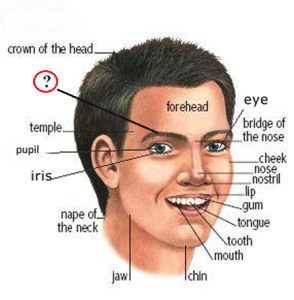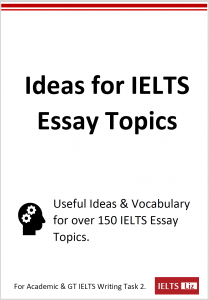Below is a list of common girl’s name in England with an audio as well so you can hear the pronunciation of the name. It is important to learn common names in English for your IELTS listening test. IELTS frequently ask you to listen for personal information such as a name in section 1. You can also listen to boys’ names or watch a video to practice listening for names.
Mistake: Please notice that there is a mistake with the pronunciation of Scarlett in the audio. The audio actually says “Charlotte”. Sorry about that.







